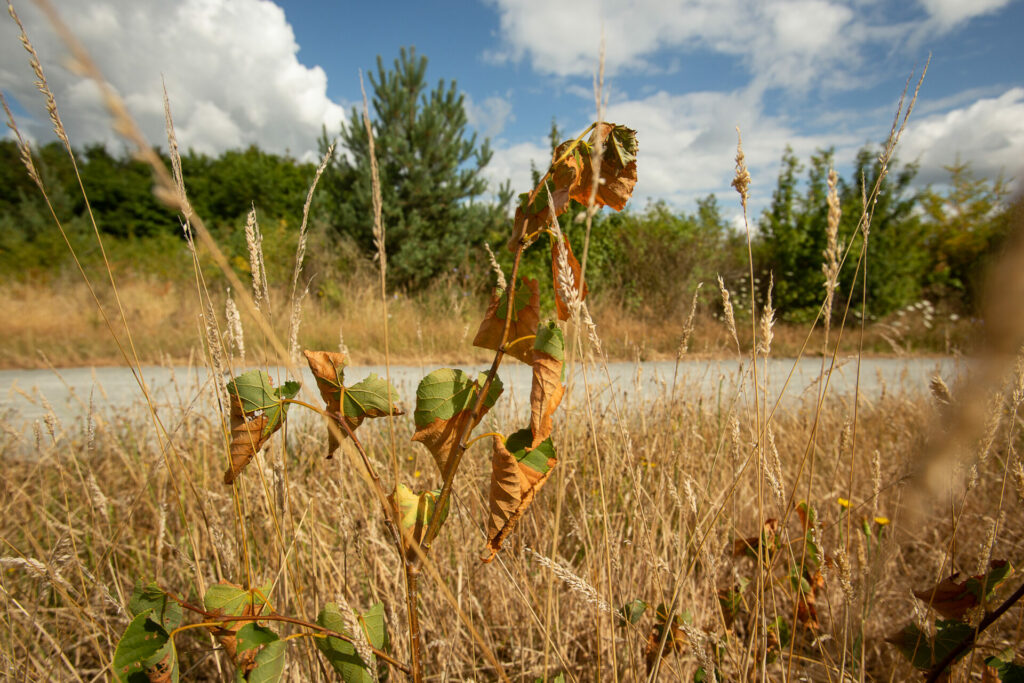With barely five millimetres of rain, July was the driest month in Belgium since 1885, announced on Monday David Dehenauw, the Head of Forecasting at the Royal Meteorological Institute (RMI) .
The past month of July had only five days of precipitation (meaning at least 0.1 mm of precipitation was recorded) in the reference station of Uccle, which is a historic low – just like the total amount of precipitation, which was barely 5.2 litres of water per square metre for the entire month.
"For a lower number [of precipitation days], we have to go back to the 19th century: two in 1885, four in both 1835 and 1869," said Dehenauw.
In Ukkel 5 neerslagdagen de voorbije maand. Voor een lager aantal moeten we teruggaan naar de 19de eeuw : 2 in 1885, 4 in 1835 en 1869.
— David Dehenauw (@DDehenauw) August 1, 2022
The contrast with last year is especially striking, as July 2021 – which was marked by severe rainfall that resulted in deadly floods – became the wettest since observations started in 1833, according to the RMI. This year, however, the drought is leading to extra measures being taken to prevent water scarcity and even to trees losing their leaves early.
Additionally, the dry month of July follows a spring that was also drier than normal: on average, there is a shortage of about 250 millimetres in Flanders – the same amount of rain that usually falls in three months.
"The issue is not just a lack of precipitation, but actually the difference between the amount of precipitation and the evaporation," Dehenauw further explained to Het Laatste Nieuws. "That evaporation plays a big role and is the reason why it is so dry."
Related News
- More drought leads to more investment in water companies
- Why so many trees are already losing their leaves
- Code red: Temperatures up to 40°C in Belgium today
He added that the weather has become more extreme in recent years, which is to do with the change in the jet stream, which is becoming lazier – an effect of climate change. "As a result, we get the same weather more often over longer periods of time. One summer, it can be wetter with weeks of bad weather, or it can be weeks of good weather, like this year."
Still, even the record-breaking rain of 2021's summer could not compensate for the precipitation deficit that is building up, Dehenauw added. "It will take years to make up for just this year's five-month deficit in precipitation: if 20 millimetres were to fall every month – which does not happen very often – it would still take two or three years. That does not look good."
Significant precipitation is not expected to fall in the coming weeks either, even if Monday and Tuesday may bring a few local showers. "After the heat period on Wednesday and Thursday there may also be a thunderstorm here and there, but it will not be enough."

